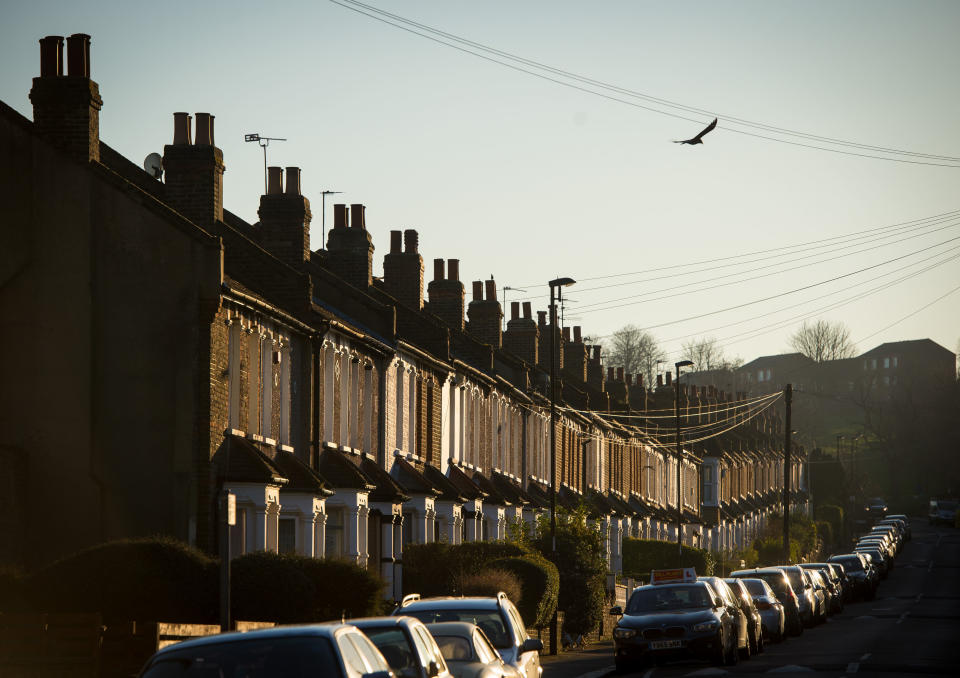UK house prices are stuck in ‘Brexit limbo’ as uncertainty drags on property market

UK house price growth slipped to it’s slowest rate in six months in July, as the property market remains stuck in “Brexit limbo”.
House prices increased just 0.3%, down from 0.5% in June. It marks the eighth consecutive month that growth has been below 1%.
However, when accounting for seasonal factors, prices also rose 0.3% on a monthly basis, compared with just 0.1% in June. This leaves the average UK home now worth about £217,663.
READ MORE: What a no-deal Brexit means for house prices
Growth has weakened since the Brexit vote, when house prices were rising by about 5% each year.
Robert Gardner, chief economist of Nationwide, warned of “mixed signals” from UK property market. Despite Brexit uncertainty, economic conditions are favourable.
While buyer enquiries have increased a little, key consumer confidence indicators remain subdued.
READ MORE: UK property – why house prices are so high
Meanwhile, data on the number of property transactions points to a slowdown in activity, though the number of mortgages approved for house purchase has remained broadly stable.
“In the near term, healthy labour market conditions and low borrowing costs will provide underlying support,” Gardner said.
“[However], uncertainty is likely to continue to exert a drag on sentiment and activity,” he added.
READ MORE: Where in London are house prices rising and falling fastest?
These figures do not account for regional differences. Overall growth was dragged down by annual falls of 0.7% and 1.6% in London and the south-east, respectively, many experts have pointed out.
Jeremy Leaf, former RICS residential chairman, warned that the UK property market faces pressure in upcoming months.
“The market is on the one hand underpinned by near record low mortgage rates and improving affordability but on the other, not moving ahead as we might have expected,” he said.

 Yahoo Finance
Yahoo Finance 